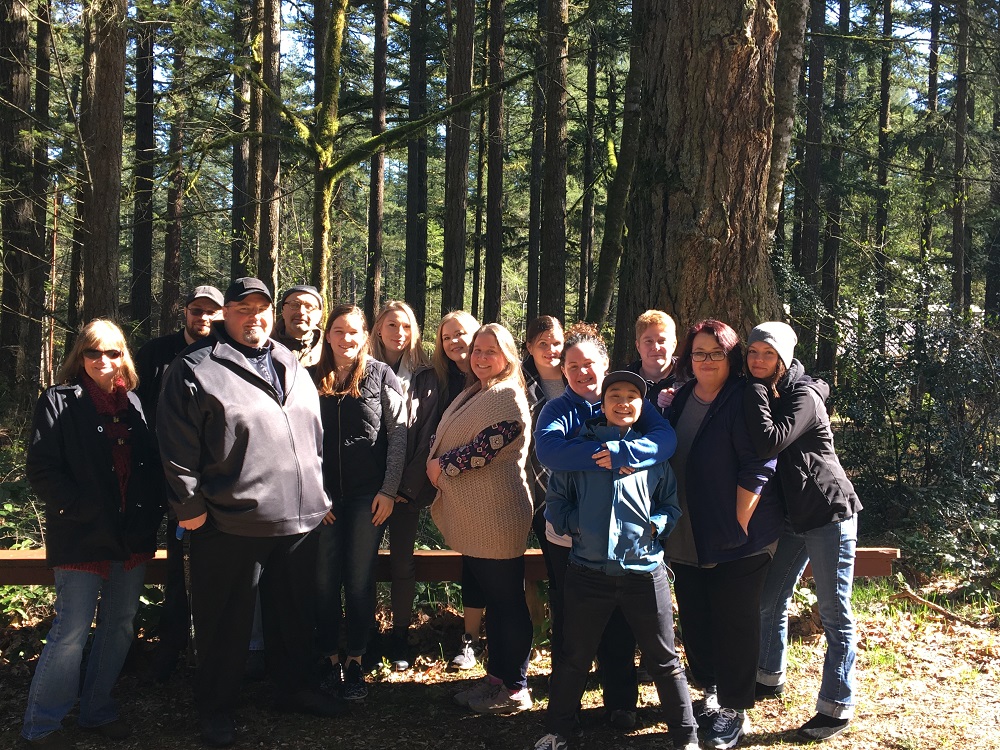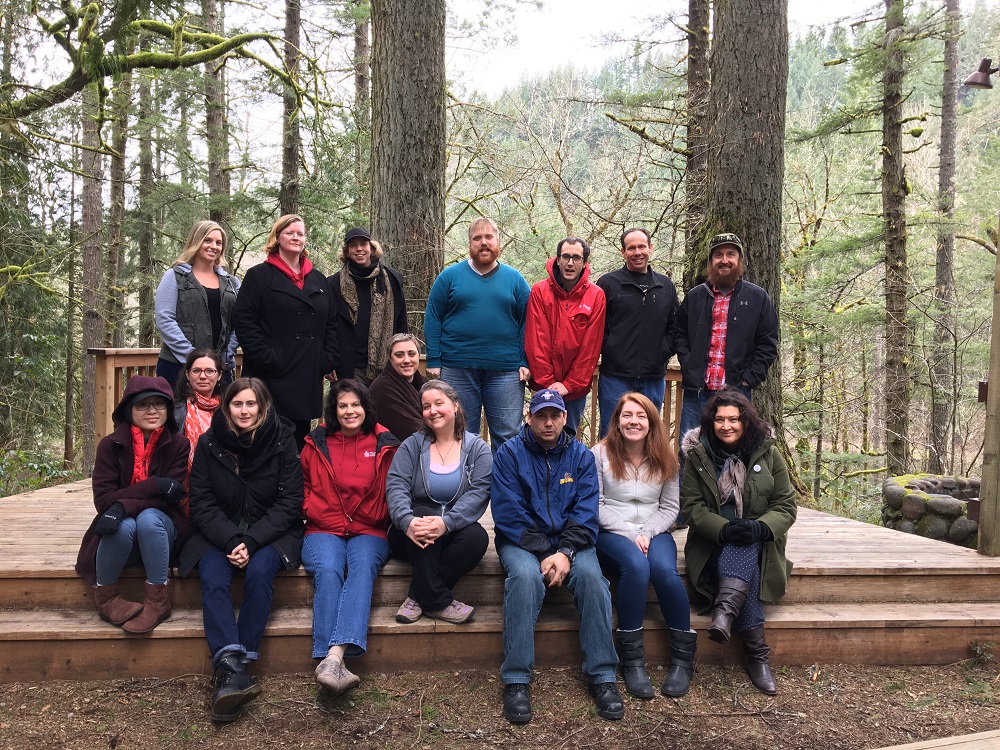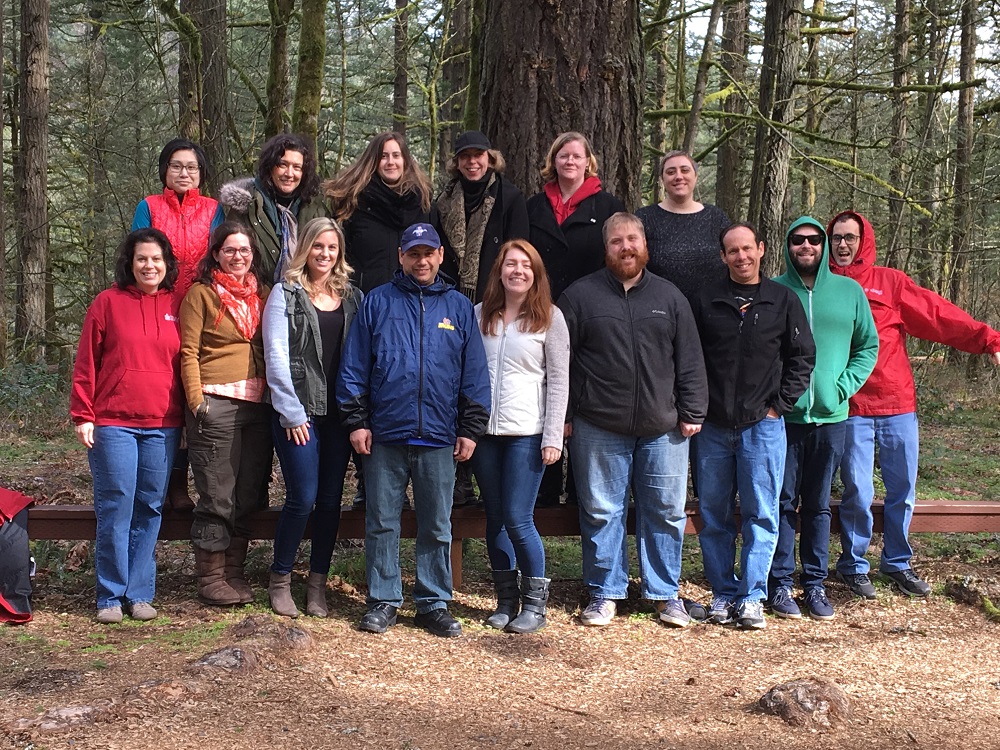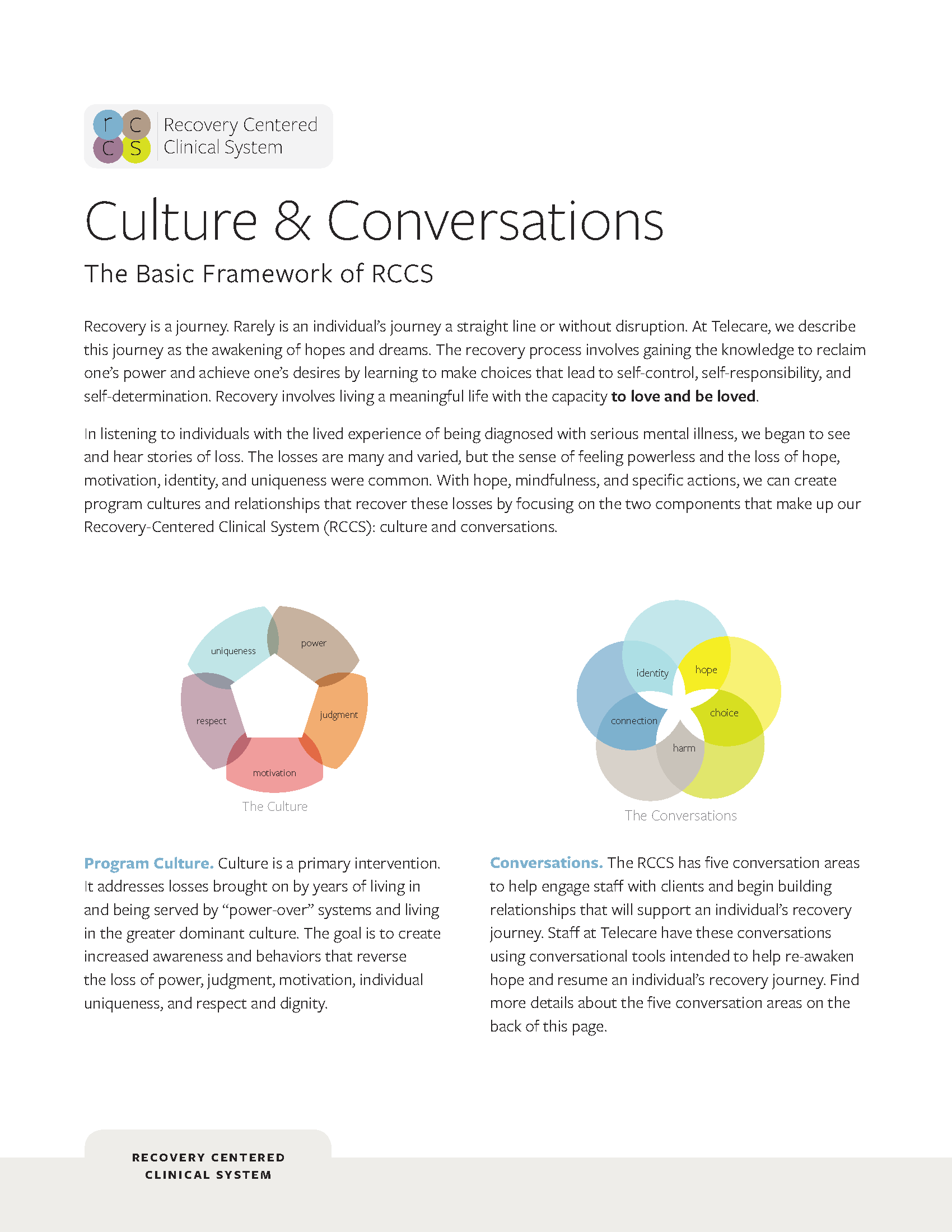Recovery-Centered Environment
To support the RCCS, ╔½ųą╔½ designs its programs to create an environment where recovery can thrive. When a person chooses to walk through the doors of one of our programs, our goal is to welcome them to a home-like space where they feel safe and supported. We use art and color to inspire tranquility and mindfulness. Our nursing stations are typically open, not enclosed, to promote inclusivity and engagement with residents.
Resilience in the Workplace
While we know the work we do can be both rewarding and inspiring, it can also be demanding and stressful. It was Maya Angelou who said it best: "Nothing works unless you do."
Finding a self-care practice for healing from or managing these stressors at work is essential for the wellbeing of staff, as well as for those they are supporting in recovery. ╔½ųą╔½ staff use the RCCS's guided conversations and our Staff Resiliency Toolkit to build relationships with each other based on trust, teamwork, and wellness.
Showing Up and Being Present
We believe recovery is all about partnershipŌĆöwe partner with our members, our customers, and to ensure we do whatever it takes to engage individuals in our services and deliver the best possible outcomes.
Training for Staff and Leaders
╔½ųą╔½ is committed to creating programs where recovery thrives and where culture is sustained to reinforce the values and principles of the RCCS. With that in mind, we have designed a robust training program for all staff and leaders of the organization. These trainings target new ╔½ųą╔½ staff by introducing them to the two components of the RCCS: the program culture with its five awarenesses, as well as the five conversations of the RCCS.
In addition, clinical supervisors attend in-person trainings that dive deeper into the five conversations: exploring identity, awakening hope, making choices, reducing harm, and making connections. These trainings help clinical supervisors develop their understanding of the intent and purpose of each RCCS conversation; understand the characteristics of being a good mentor, including giving and receiving feedback; learn and practice a strategy for skill building practice using a coaching feedback tool; and learn treatment/service planning using the RCCS conversations as targeted interventions.
Additionally, program leaders attend the annual "RCCS for Leaders" training. This in-person training helps leaders develop skills to evaluate where and how the program practices exert power and control, and how to evaluate when and how to safely increase authentic control. Leaders also understand their role in facilitating the importance of staffs rituals that build hope and resilience.
Downloadable Resources
Check out some resources we developed for the RCCS by clicking the links below!
Learn More
If you'd like more information about our RCCS, tools we use to measure recovery culture, or related presentations and materials, please email: RCCSusage@telecarecorp.com.







